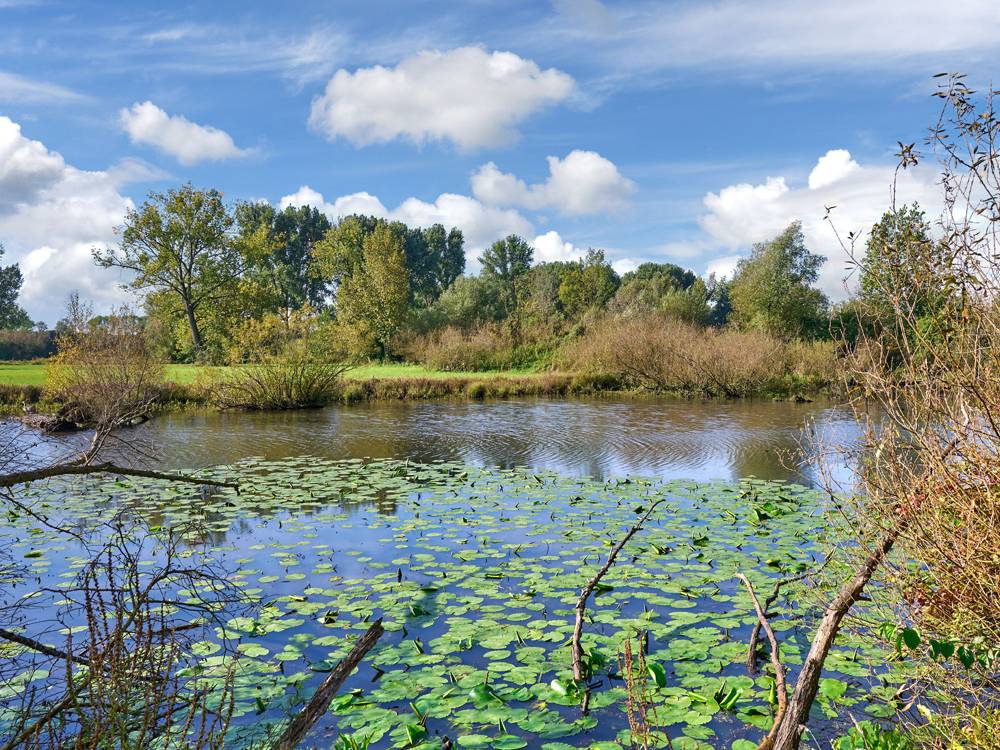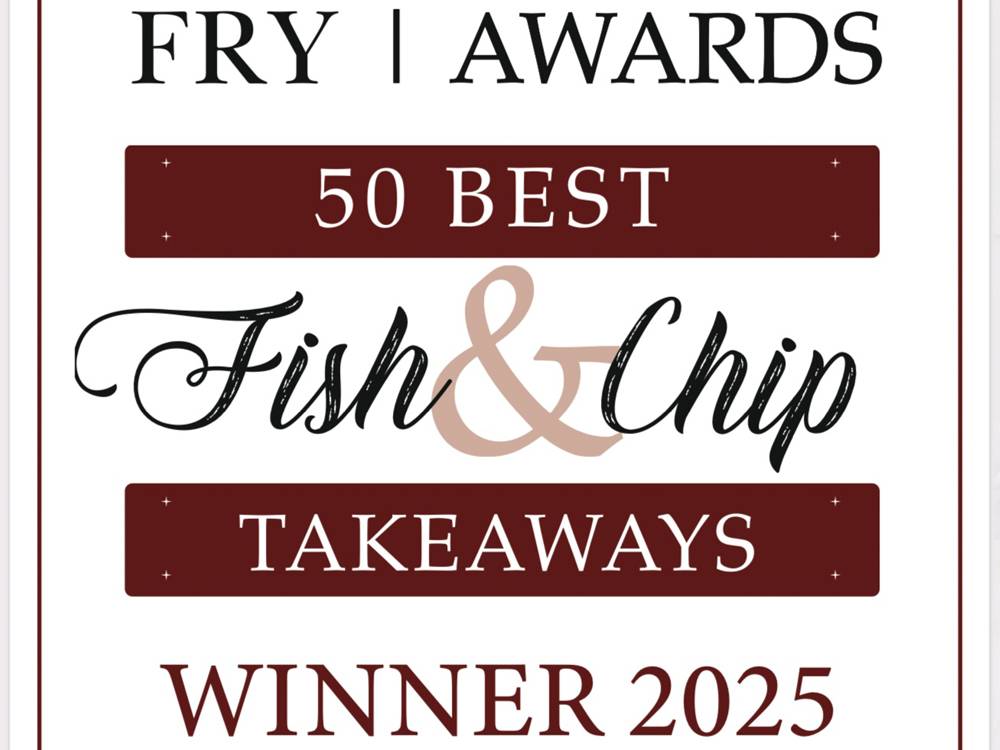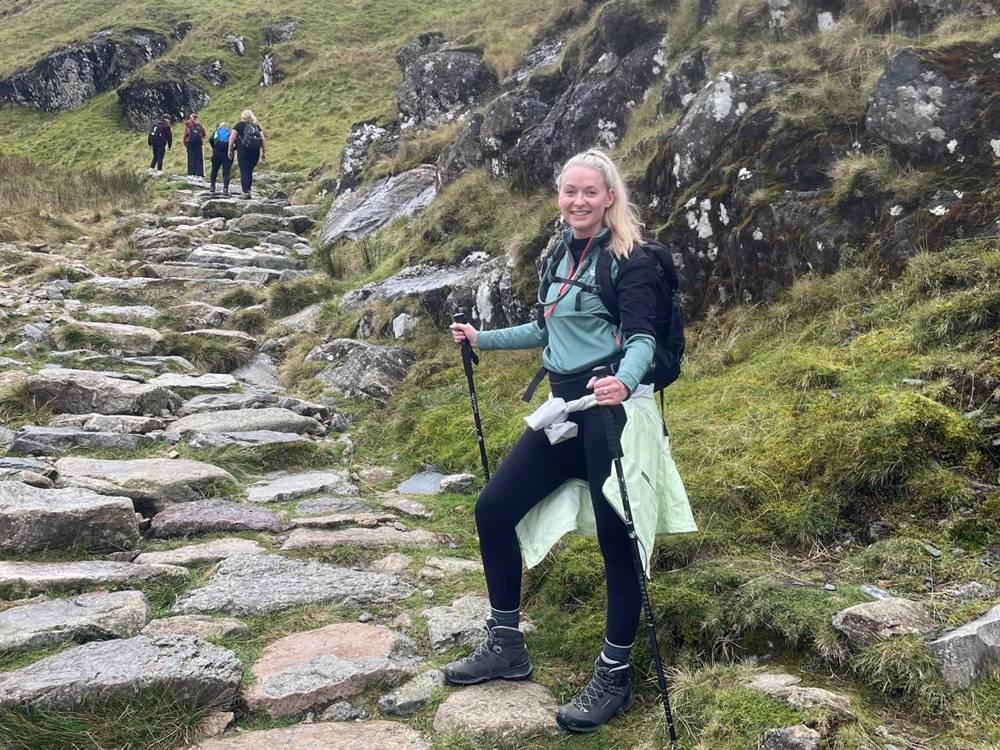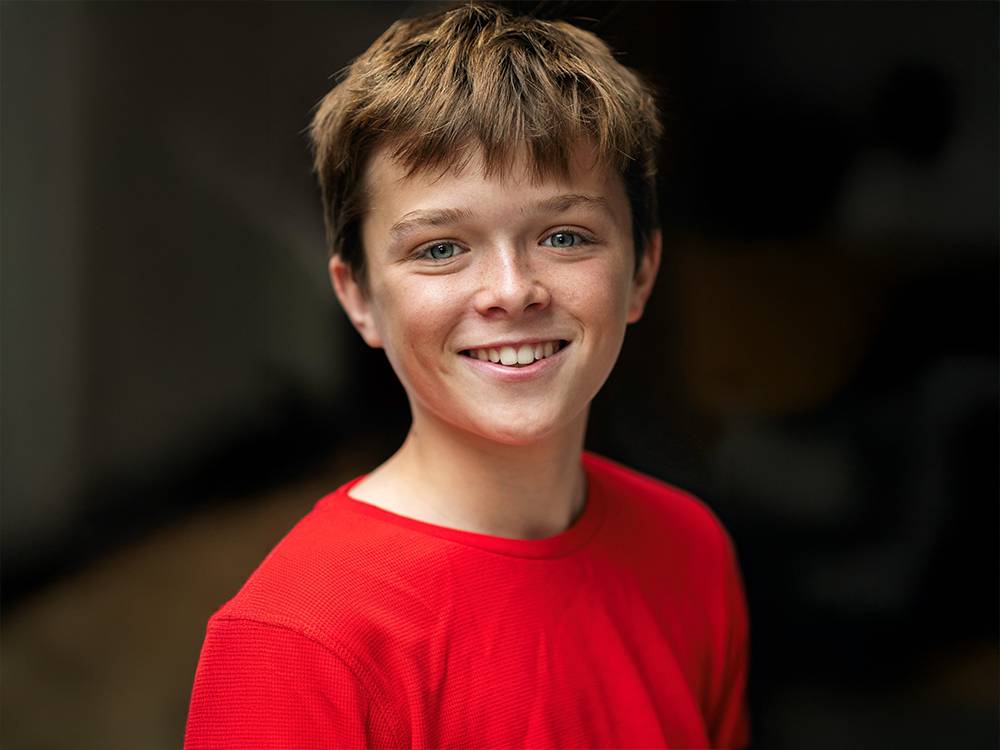My pond gives an added dimension to the garden and an opportunity to encourage diverse wildlife and a whole new range of plants. Someone once said to me “A garden without a pond is like a theatre without a stage”
Where to start
It is not as simple as digging a hole but that’s a good place to start! Find a suitable spot in the garden and plan one in scale with the rest of the site. Ideally avoid a rigid liner and instead go for a flexible liner which will mould to the hole you have dug. It’s important to have a deep area and a shallow beach area and place it where you can enjoy it.
Sculpt the pond
Ensure there is a deep area in the middle or at one side. When we did ours the patio flanks the deep area, this should be around three feet for deep water aquatics and over wintering plants, fish and wildlife. From the deep area there is a gentle slope in case our residential hedgehogs fall in and a shelf around the edge for marginal plants. It’s important to do all this before you fill your pond with water.
Line the pond
Use and underlay, carpet, newspaper and anything else to prevent the butyl or pvc liner getting damaged. Also ensure the size of the liner allows for the depth of the pond too. Spread over and fold as you fill with water, it helps to get in a this point. The water will pull the liner into place and make sure there is an overlap.
Plant your pond
After adding a product to neutralise all the nasties in tapwater you can plant. It’s important to edge the pond with stones, cobbles, gravel and plant amongst these. Here you can use perennials, ferns and small woody plants. Place your oxygenators into water, plant deep water aquatics like water lilies in the deepest part and add marginals on the shelf around the edge. You can also add floating aquatics like water soldiers and frogbit. It’s essential to have the range of plants for example without marginals the dragonfly larvae can’t get out of the water and shading of the surface is essential from the deep water aquatics and floaters.
Fish and Wildlife
You have to decide whether you want fish and the wildlife will come. Often newt eggs and snails come with the plants. Flying insects are drawn to the water like pond skaters, damselflies and dragonflies. Try to let the pond balance itself. If you have a range of plants to cover the surface this will happen and don’t be put off by the water going green or murky it’s a natural process.
Enjoy your pond
There is lots of learn so read up about it or visit my gardening school for some inspiration. As well as looking after the pond it’s important just to sit, gaze and contemplate.


















Comments